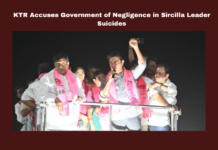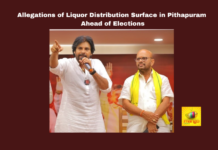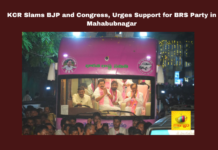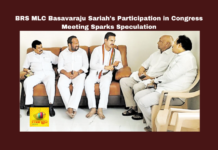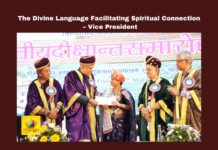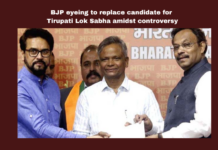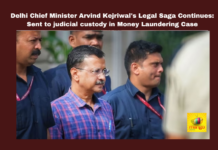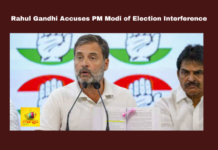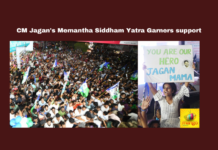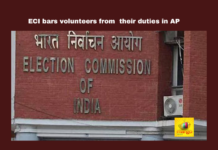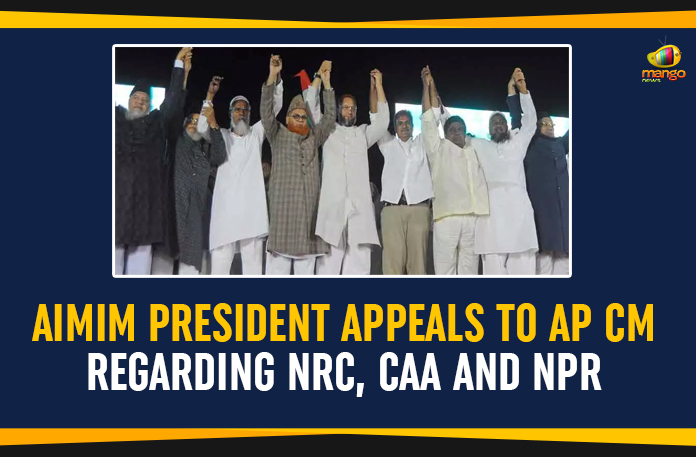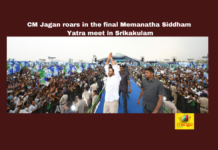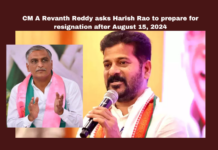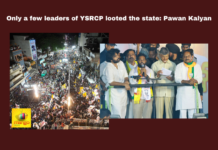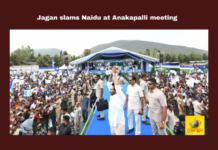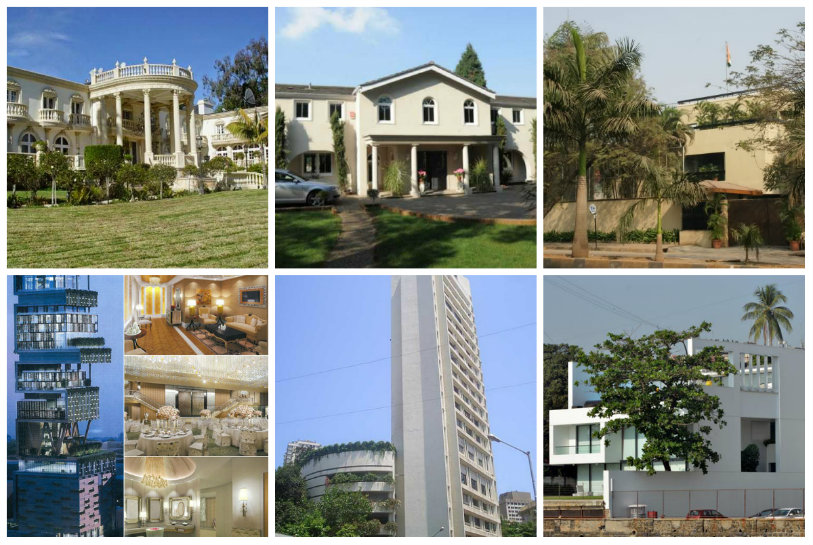Asaduddin Owaisi, the President of the All India Majlis-e-Ittehadul Muslimeen (AIMIM,) appealed to Y.S. Jagan Mohan Reddy, the Chief Minister of Andhra Pradesh (A.P.,) to oppose the Citizenship (Amendment) Act, 2019.
On the 18th of February, Mr. Owaisi addressed a huge gathering at Bhavanipuram, Vijayawada and appealed to Mr. Reddy to take a stand against the Citizenship (Amendment) Act [CAA,] 2019, the National Register of Citizens (NRC) and the National Population Register (NPR.)
Unlike West Bengal, Madhya Pradesh, Delhi, Kerala and Punjab, the A.P., Government neither passed a resolution against the CAA nor released a statement.
Y.S. Jagan Mohan Reddy did not clarify the State’s stand regarding the CAA, the NRC and the NPR. Recently, the Kurnool Joint Action Committee (JAC) also asked the Y.S. Jagan Mohan Reddy led Yuvajana Sramika Rythu Congress Party (YSRCP) to pass a resolution against the NRC, the NPR and the CAA.
Mr. Owaisi addressed the public gathering organised by the Muslim Muttahida Mahaz, an umbrella body of all Muslim organisations in A.P.
During the gathering, he recalled the impact of the NRC in Assam, which left 19 lakh people in doubt about their citizenship. Mr. Owaisi claimed the CAA is a ‘black act’ as it is against the Constitution of India and violates Article 14, which clearly states any law or act should not be based on religion
The CAA, 2019, implemented across India on the 11th of January, promises citizenship to refugees from Afghanistan, Pakistan and Bangladesh, based on their religious beliefs. The communities which come under this Act are the Hindus, the Sikhs, the Christians, the Parsis, the Jains and the Buddhists. As the Act excludes Muslims, a large number of citizens of the Country, with the support of opposition parties, are protesting against it.
However, only refugees from the aforementioned countries who have been residing in India since or before the 31st of December, 2014, are eligible for citizenship under the Act.




